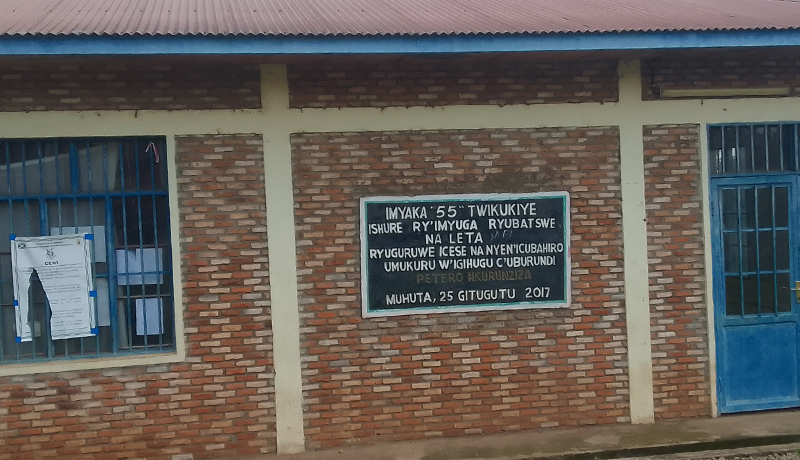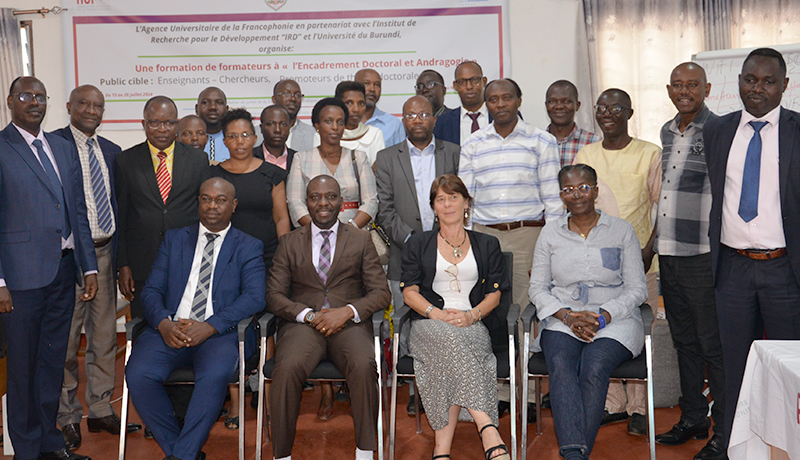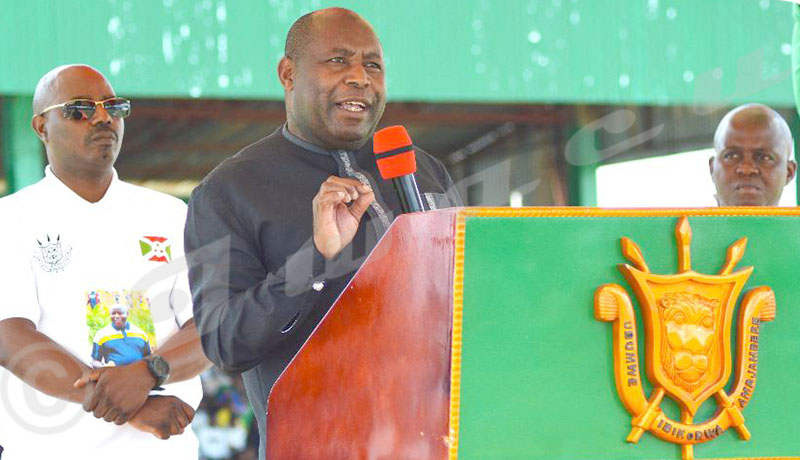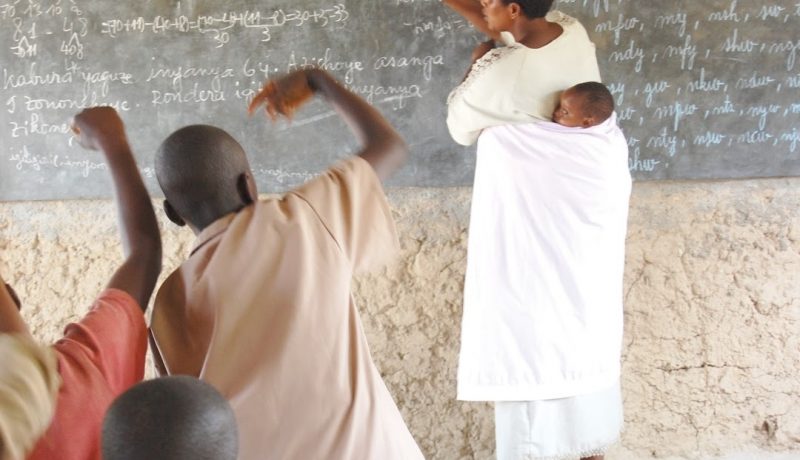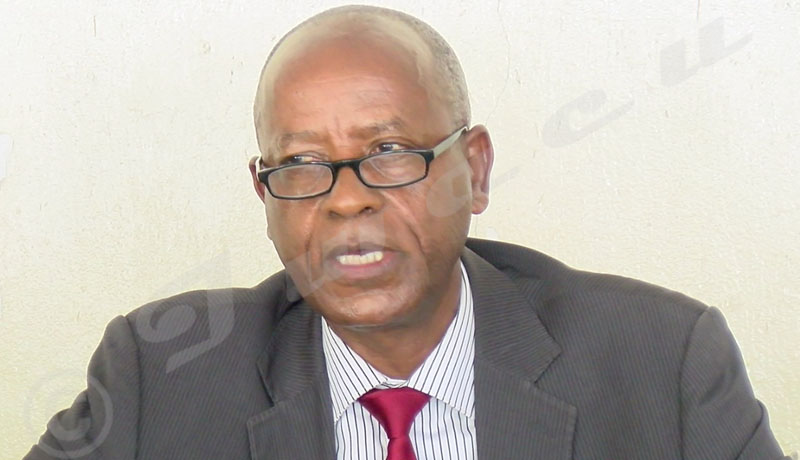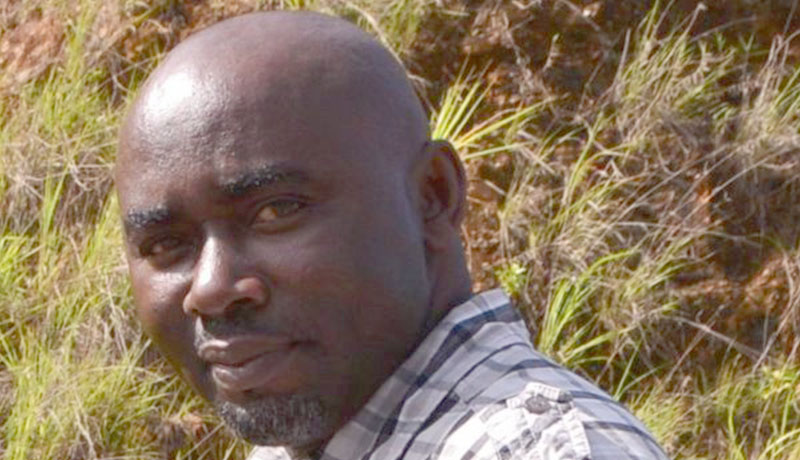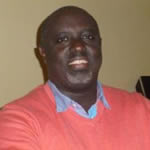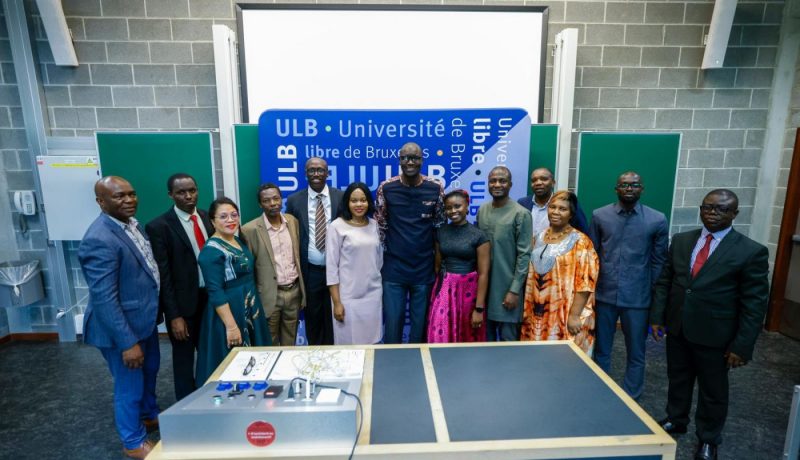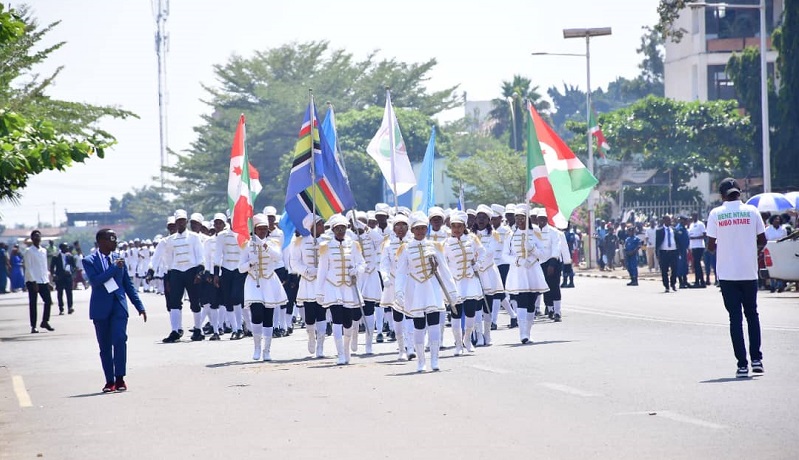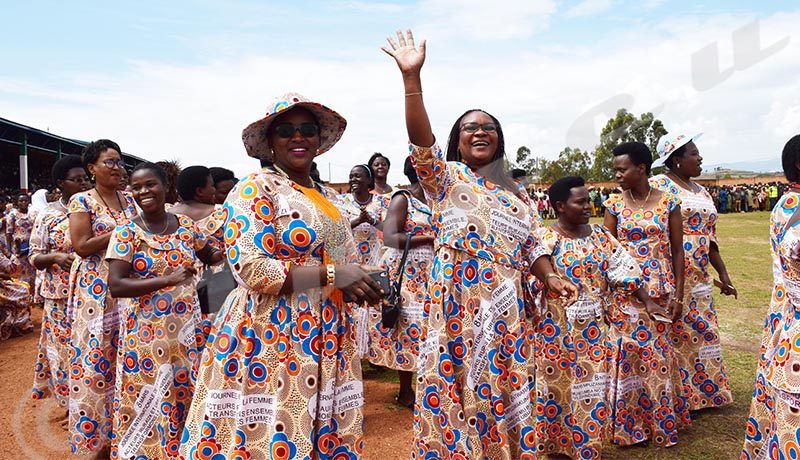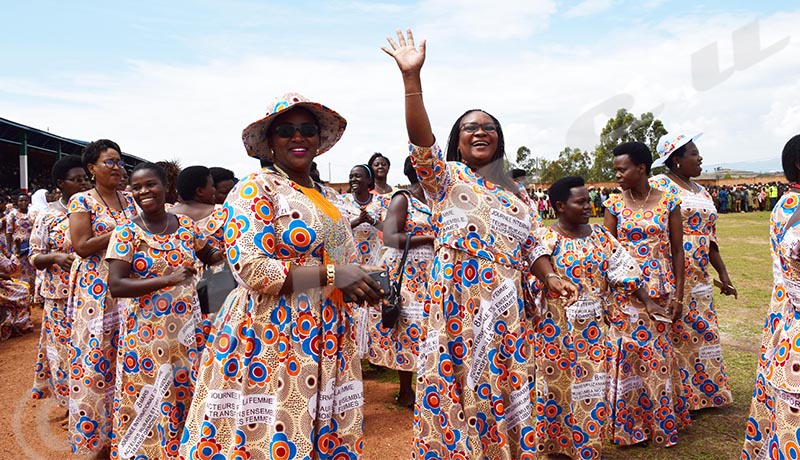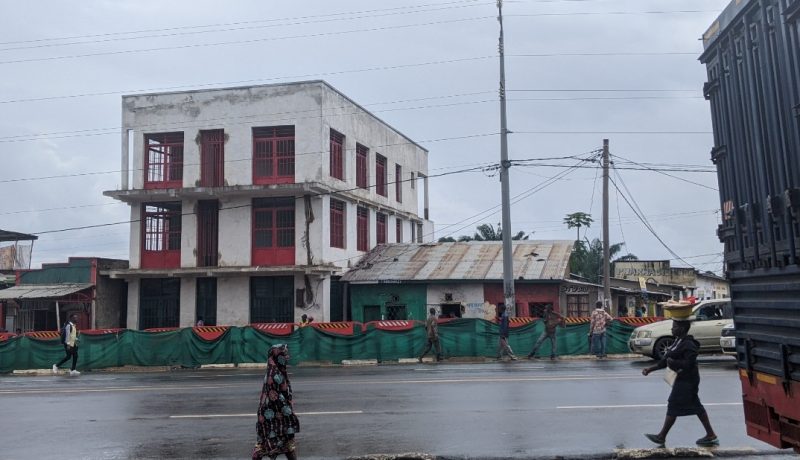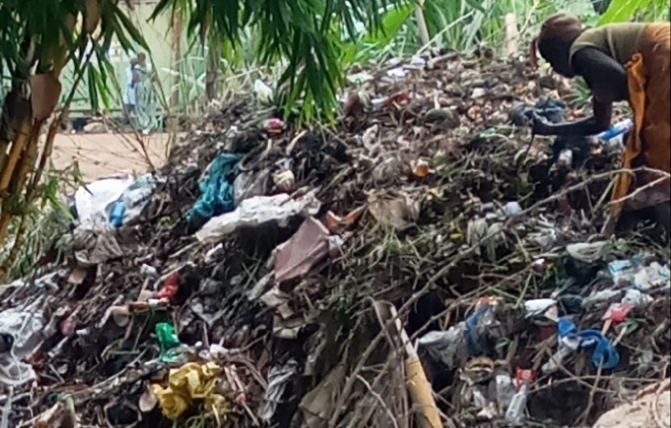Continued training in English, Swahili and humanities which is available to primary school teachers has been found insufficient. The director of the Bureau des études des programmes de l’enseignement de base (Bureau of Basic Education Program Studies, BEPEB), Tharcisse Habonimana, assesses that due to lack of resources, we have to be satisfied with the current strategies.
“Teachers need training that is improved and that provides qualifications,” says Chantal Nihishubuje, president of the Syndicat libre des enseignants du Burundi (SLEB, Free Teachers’ Union of Burundi).
The new primary school programs include English, Swahili and humanities. Continuing education programs are given to teachers, especially during vacation. The teachers are not satisfied with the length of these programs and have complained to the relevant authorities.
According to the president of SLEB, the authorities don’t seem to realize the gravity of the situation. “The quality of education is suffering because of this. The teachers are still not mastering English or Swahili,” she says.
Nevertheless teachers who can are taking specialized courses, says Nihishibuje, but they are coming up against a lack of Swahili teachers.
Another union member says a significant base is needed to teach courses in these languages. “The trainers themselves are not sufficiently equipped. And let’s not even get into the methodology, which is inefficient.”
He adds that most of the teachers come from rural communities. “They don’t speak Swahili, or only hear the language spoken when they come into contact with Swahili speakers. “
He doesn’t understand how teachers can teach these languages to schoolchildren after only a few hours of training. “There will be repercussions in the services provided by incompetent teachers. The future of a country is in play here. We’re going to sacrifice an entire generation if we don’t change our strategy.”
Mastery of a language demands at least 240 hours
Tharcisse Habonimana, director of BEPEB, recognizes that teachers have a legitimate need to press for more training time. But he says resources cannot keep up. “To claim to master a language, you need to study for a minimum of 240 hours. With the 42,000 primary school teachers, that would cost 1.9 billion francs. Where would we find that amount?” he asks.
Additional training sessions, organized since 2005 to improve the quality of teaching, are run on the methodology of teaching these languages and reinforcement based on the specific demands of each discipline. The director of BEPEB specifies that monthly sessions for teachers occur in each primary school, every first Monday of the month. “It’s eight hours per month where teachers talk about the difficulties they encounter.”
He adds that there are three trainers per commune. A total of 387 trainers train teachers in English, Swahili and the humanities.
Habonimana says the BEPEB has put in place an audiocassette for the programs from Grades 1 to 6, to improve pronunciation and listening. Currently, 3000 tape readers are available for 3000 heads of school. “These are a few strategies we have while waiting for a better tomorrow,” concludes Habonimana.
“You don’t play around with an education system”
Pedagogy specialist Joseph Ndayisaba says the country needs an official language policy which specifies the official languages and the languages of education. From a pedagogical point of view, he insists, one language of education needs to be chosen. If not, he believes the schoolchildren won’t master any language.
“If the objective is to have the children capable of taking courses in English or Swahili at the end of humanity program, it’s more worth the trouble if they start to learn English in the middle of primary school and Swahili in secondary school,” he says.
Normally, says the pedagogue, these languages ought to have been in the programs of teaching schools. He believes the current program is a waste: “You don’t play around with an education system. It’s practically impossible to learn two languages simultaneously.”
According to Ndayisaba, it would be best if certain political decisions and reforms were subjected to feasibility studies before being put in place.
